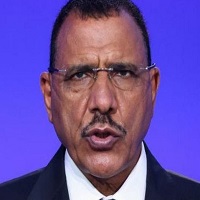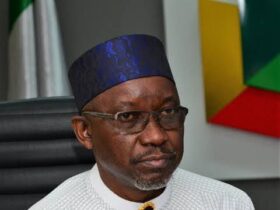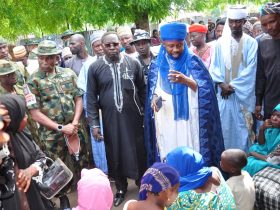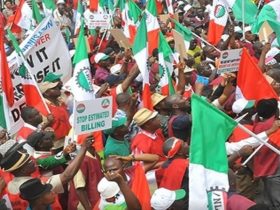Former Niger President Mohamed Bazoum Faces High Treason Charges as Military Pursues Prosecution
The Niger military has announced its intention to prosecute deposed President Mohamed Bazoum on charges of high treason, just hours after a Nigerian delegation revealed that the country’s coup leaders were open to diplomatic solutions to the crisis.
The military spokesman Colonel Major Amadou Abdramane, delivered a statement on national television outlining the charges against Bazoum, citing “high treason and undermining internal and external security.” Bazoum, along with his family, has been held at the presidential residence in Niamey since the coup on July 26, raising international concerns about their wellbeing.
Amidst calls from the Economic Community of West African States (ECOWAS) for Bazoum’s reinstatement, the organization has imposed substantial economic sanctions on Niger and threatened military intervention if civilian rule isn’t restored.
While ECOWAS has authorized a standby force to restore constitutional order in Niger, it has emphasized its commitment to pursuing a diplomatic resolution to the crisis. The military spokesperson dismissed worries about Bazoum’s health, asserting that he had been examined by a doctor without any reported health issues.
The Niger’s military further criticized ECOWAS sanctions, describing them as “illegal, inhumane, and humiliating.” He highlighted that these measures have made it challenging for people to access essential resources such as medicines, food, and electricity.
The military’s statement came shortly after a group of Nigerian Islamic scholars engaged in direct talks with coup leader Abdourahamane Tchiani in Niamey. Tchiani agreed to participate in discussions with ECOWAS leaders to promote understanding.
President Bola Tinubu of Nigeria, who also heads ECOWAS, supported the scholars’ initiative and had taken a firm stance against the coup. The regional bloc has implemented measures like severing financial transactions, electricity supplies, and closing borders with Niger. These actions have hindered vital imports to the impoverished country.
Sources have observed that the charges against Bazoum could escalate tensions between the Niger military and the international community, potentially impacting future negotiations.
The prospect of a military intervention to reinstate Bazoum has divided ECOWAS members and garnered reactions from foreign powers, including Russia and Algeria. Neighboring countries Mali and Burkina Faso, both governed by military regimes that took power through coups, warned that intervention would equate to a declaration of war.
The coup in Niger is viewed as a setback for Western nations that considered Niamey an ally in combating rising extremist threats in the Sahel region. The United States, France, and other European countries have invested significantly in military assistance and training for Niger’s forces.









Leave a Reply